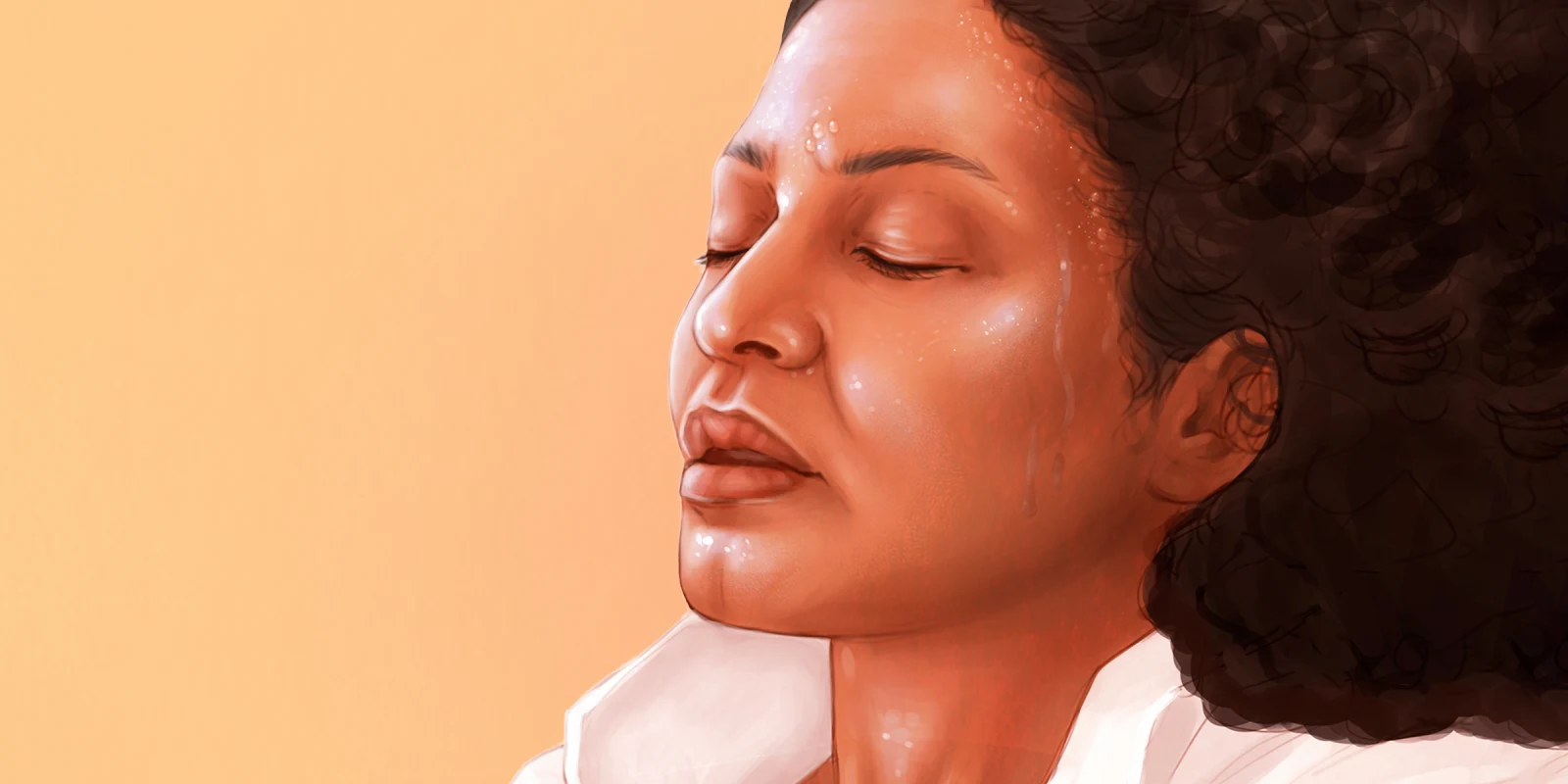If you felt the earth shift a little on March 31, don’t worry — that was just Oprah Winfrey turning the spotlight onto menopause.
Finally.
For millions of women navigating night sweats, brain fog, and a mysteriously vanishing libido, Oprah’s primetime acknowledgment of “The Change” felt like cultural validation — a collective exhale. But while she opened a long-overdue conversation, the real heat isn’t just coming from hot flashes. It’s from the glaring void in how the medical establishment treats menopause: with neglect, confusion, and bias.
Let’s unpack that.
Oprah’s Moment of Truth — and Cultural Awakening
During her ABC special, “The State of Menopause,” Oprah openly shared that she didn’t realize she was in menopause until long after the symptoms began. Like many women, she experienced heart palpitations, brain fog, and anxiety — only to be dismissed or misinformed by her doctors. She spotlighted a panel of women, including celebrities and physicians, who echoed similar stories of feeling gaslit by a system unprepared to support them. In one particularly powerful moment, she asked, “How is it possible that we know so little about something half the population goes through?” Her candor and platform sparked a national conversation — but what she revealed wasn’t new. It was just finally said out loud.
The Menopause Curriculum: Paging Dr. Google
Here’s a fun fact (and by fun, I mean horrifying): The average ob/gyn residency devotes fewer than five hours to menopause education — if it covers it at all. Only 1 in 5 medical residents say they feel prepared to manage menopause care.
So who do patients turn to? Friends, the internet, or Dr. TikTok. And while some reels are better than others, most women are cobbling together advice from lifestyle influencers while their doctors fumble through outdated myths — or worse, dismiss their symptoms as “normal” and tell them to tough it out.
Outdated myths like:
- “Hormone therapy causes cancer in everyone.”
- “You should only take hormones for the shortest time possible.”
- “Menopause is a natural process — you don’t need treatment.”
- “It’s all in your head.”
Imagine telling a man with low testosterone to “just breathe through it.” Exactly.
Menopause Is Not a Diagnosis — It’s a Rebirth
Menopause is not a disease. It’s a biological transition that every person with ovaries will go through — if they’re lucky enough to live that long. Yet we continue to frame it as a medical problem rather than a complex hormonal shift that deserves actual support.
The truth is:
- Estrogen affects every system in the body: brain, bones, heart, skin, metabolism, and mood.
- Declining levels can cause over 34 distinct symptoms, yet only 20% of women seek treatment — largely because they don’t know it exists or were told it’s unsafe.
And a big reason for that fear? The 2002 Women’s Health Initiative (WHI) study. WHI abruptly halted its hormone therapy arm after a preliminary analysis suggested increased risks of breast cancer and heart disease. The media frenzy was swift and scary — hormone therapy prescriptions dropped overnight. What got lost in translation was nuance. Later analyses revealed that the risks were far more modest, especially in younger women within 10 years of menopause. But the damage was done. Misinterpretations of the WHI study have haunted clinical guidelines for decades, leaving millions to suffer needlessly.
Fortunately, the 2022 North American Menopause Society (NAMS) position statement offers a science-backed update: Hormone therapy is safe and effective for many women, especially when started early. But many physicians are still practicing based on 2002 fear, not 2025 facts.
Double the Symptoms, Half the Care: The Racial Gap
For Black women, menopause isn’t just ignored — it’s amplified and dismissed simultaneously. Research shows Black women:
- Enter menopause 8.5 months earlier on average.
- Experience more severe and frequent vasomotor symptoms (like hot flashes).
- Report higher levels of sleep disturbance, depression, and anxiety.
- Are less likely to receive treatment or even be asked about their symptoms.
This isn’t a coincidence. It’s the result of a health care system designed around white patients’ physiology, experiences, and voices. That bias shows up everywhere — from clinical trials to physician assumptions — and menopause care is a glaring example.
So Where Do We Go From Here?
We need to:
- Rebuild trust with midlife women by taking their symptoms seriously.
- Revise medical education to include comprehensive menopause training.
- Redesign clinical care to reflect racial, cultural, and gender nuance.
- Restore access to evidence-based therapies, including hormone therapy where appropriate.
Want To Learn More? Here’s Where To Start
For clinicians seeking to update their knowledge, the NAMS offers an excellent, evidence-based Menopause Practitioner Certification Program. Their clinical guidelines and position statements are updated regularly and include nuanced approaches to hormone and nonhormonal therapies.
Because the real risk isn’t estrogen — it’s silence. Oprah cracked open the door. Now let’s tear it off the hinges.
What do you think needs to change to finally give menopause the attention it deserves? Share in the comments.
Dr. Amy Gueye-Weinstein is a board-certified ob/gyn, public health nerd, and the founder of Visionary Women’s Health, a practice rooted in therapeutic, inclusive, and culturally responsive care for women, especially in midlife.
Image by Peanut Biotic Artlab







